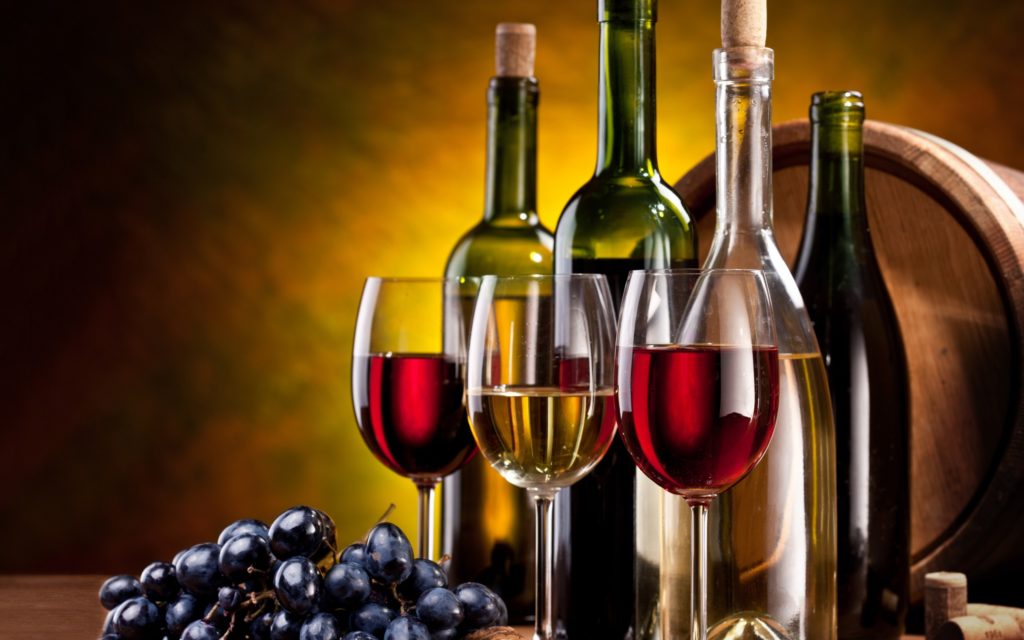VINOS LELIÈVRE IS THE FIRST BODEGA OF FRANCE TO ADOPT BITCOIN AS A METHOD OF PAYMENT

Source Here
A vineyard in France has become the first vineyard in the country to adopt bitcoin as a payment method to celebrate the 20 years of operation of its website.
LeLièvre Wines is a vineyard in Lorraine, a town in the northeast of France, which has always been at the forefront, combining centuries of tradition in the production of wine with technology. Twenty years ago they were the first to offer a website to sell their products and maintain a blog. To celebrate this anniversary, hand in hand with David LeLièvre, one of its owners, the company has ventured into bitcoin as a method of payment, according to a local media.
Throughout the world, multiple companies have recognized the security provided by cryptocurrencies, as they are a sure way to get payments from around the world with a global currency. Wines LeLiévre has international reach, as can be read on its website, with shipments in several countries in Europe and the United States. LeLièvre informs that, for last week, the winery invoiced a total of 0.006509 btc in transactions for the sale of wine, which at the time of writing is equivalent to about 104 dollars with bitcoin at a price of 15 thousand dollars according to CoinMarketCap.
The owners of this company indicated that they use the services of GoUrl as an intermediary, an electronic payment processor that can be integrated into the website to accept payments in cryptocurrencies. According to LeLièvre the obtained cryptocurrencies are exchanged into euros to keep the business accounts running. David LeLiévre affirmed for another means that cryptocurrencies will become one of the preferred methods of payment worldwide, so your company wants to be in tune with this fact.
Although this is the first vineyard in France to accept bitcoin, it has not been the first company related to wine to take advantage of cryptocurrencies and blockchain in the world. In the year 2013 the Cellar Cellar Mondo Cellars began to accept bitcoin as payment method. Likewise, in April 2017, the multinational consultancy Ernst & Young announced that they would develop the so-called "Protection of Food Quality in blockchain", an initiative aimed at tracking the Italian wine supply chain with technology from Distributed accounting, in order to identify from the origin (where the grapes have been grown) all transactions made with the wine bottle by means of a QR code printed on the package.
